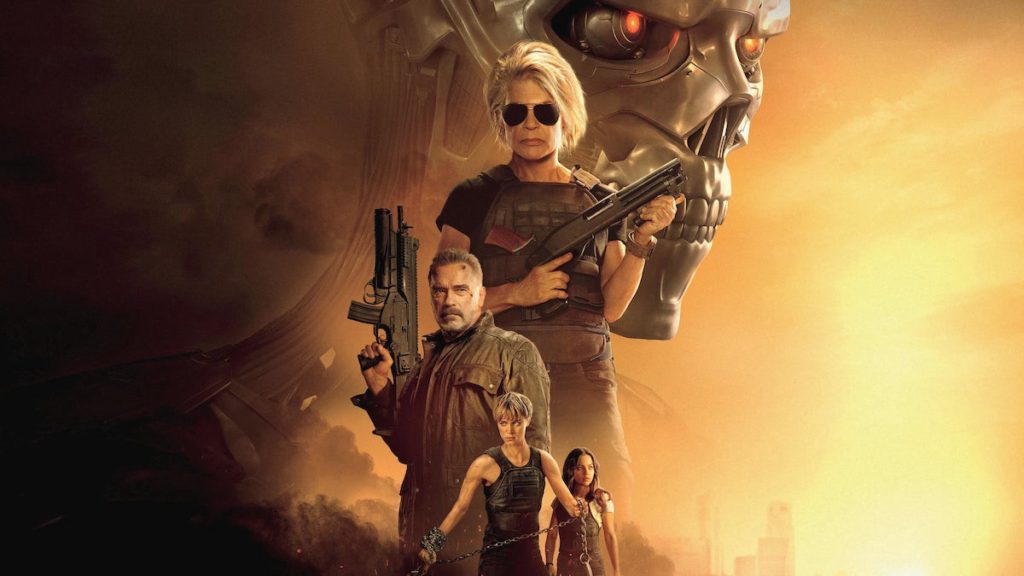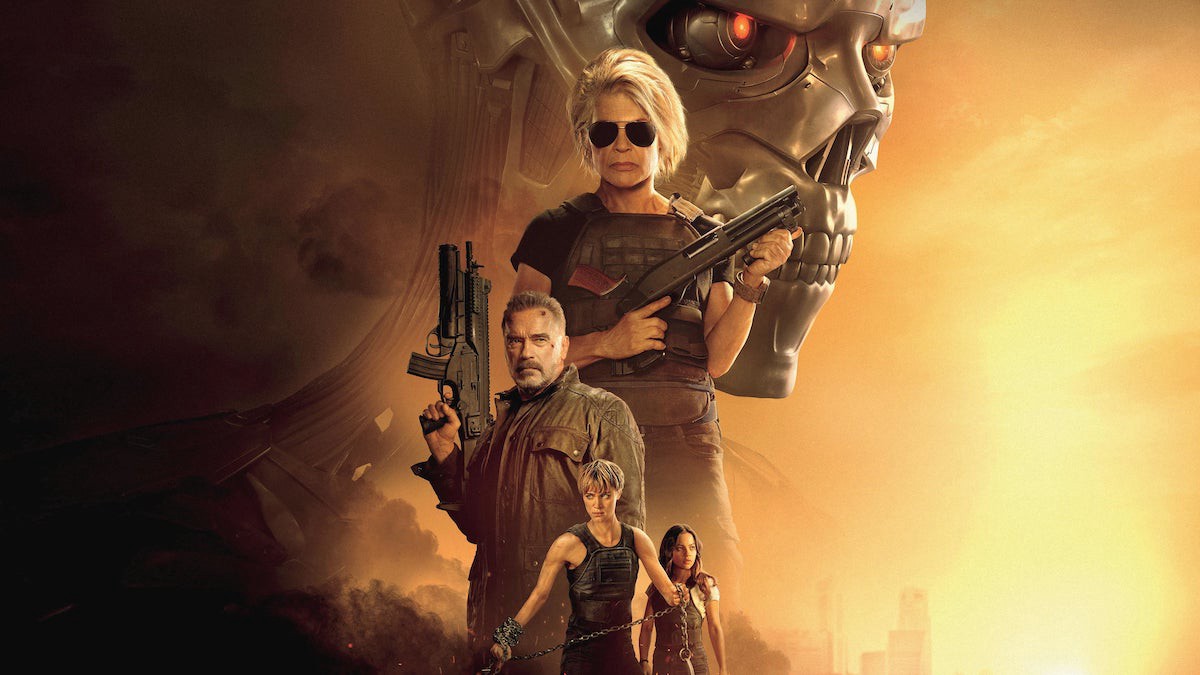
Hollywood’s franchise obsession is leading them to a new way of reviving franchises
By Craig Allan, Staff Writer
On November 1, Terminator: Dark Fate, the sixth film in the Terminator franchise was released. This film was different than the previous editions in the franchise as it established itself as the direct sequel to 1991s Terminator 2: Judgement Day. This is an example of the growing trend studios are participating in to take advantage of intellectual property (IP) that has since worn out its welcome.
This is known as retroactive continuity or retcon. Other examples of this include the Halloween franchise, which ignored decades of previous movies in order to release in October of 2018 what they established as a sequel to the original movie from 1980. Another example is 2006 movie Superman Return which ignores Superman III and Superman IV: The Quest for Peace. This trend will continue in the next few years, with films like Ghostbusters 2020 ignoring the continuity set in the 2016 movie Ghostbusters: Answer the Call and the DC Comics cinematic universe, which ignores large parts of its already established universe to shift the story in a different direction.
The reason studios are pursuing the idea of doing away with continuity of previous films is due to the movie industries obsession with IP’s. Coming up with new movies has become more difficult these days. Newer franchise bait movies are not resonating with audiences, and that’s why studios have been heavily banking on the star power of older properties. This is problematic though, as in the case of the Terminator franchise, some movies do not warrant becoming long, multi installment franchises. Terminator has had two successful movies in Terminator and Judgement Day, but the later installments have not been as successful. Yet due to Hollywood’s obsession with IP, they keep drudging out and restarting the franchise in the hope that one day something will stick. This is the same problem with the Alien franchise, which had two well received and profitable movies to start but has made continually disappointing sequels, restarting and dropping continuity plotlines all along the way.
The movie studios’ failure to come up with new ideas is troublesome, but part of the blame can be put on audiences. Even if this new Terminator movie does fail, it may still make enough money for them to re-contextualize it again, because it’s still safer than trying to come up with something new—especially with what it costs to make movies these days.
Instead of ignoring the continuity of previous films, why not take film franchises that didn’t get off the ground, or single films that didn’t work from yesteryear and try to establish a franchise on that? Yes, it’s risky, but so is bringing back the same failing franchise over and over again and just hoping that audiences will forgive and forget. Movie studios need to stop making the same mistakes twice, or in the case of Terminator, three… and possibly four times.


